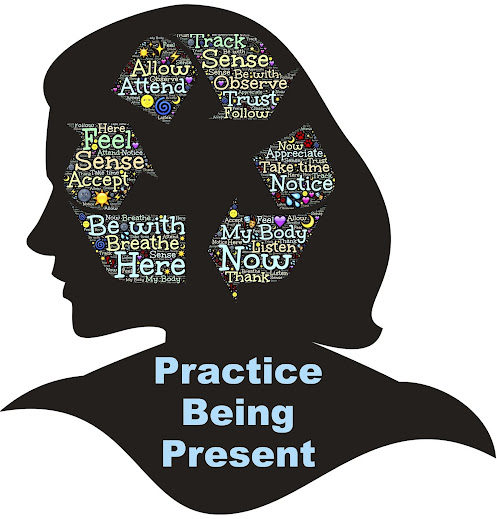Director of the creativity for resilience program at Dell Medical School Carrie Barron M.D. suggests that people who struggle making decisions may be suffering from a variety of mental health issues. These can include depression, anxiety, and fear of failure. (https://www.psychologytoday.com/us/blog/the-creativity-cure/201408/why-is-it-difficult-make-decisions#:~:text=Having%20difficulty%20making%20decisions%20can%20be%20a%20sign,sentiments%20of%20the%20person%20reaching%20out%20were%20real.).
Indecision regarding things such as what to wear or what to eat may not be major issues but a failure to make important choices can be a problem. This can lead to problems in our careers and personal lives leaving us missing out on important things.
Being a Perfectionist
Psychologist Ellen Hendriksen, Ph.D. suggests that one of the signs that someone may be a perfectionist is an inability to make decisions. It may seem unlikely because you would imagine a perfectionist is very organized and would find decisions easy and for some they are. But there are some perfectionists for whom it is actually the opposite.
A fear of making mistakes and being less than perfect can actually make perfectionists shy away from making choices. (https://www.psychologytoday.com/us/blog/how-be-yourself/201911/nine-little-known-signs-perfectionism).
Those perfectionists who struggle with decisions often find themselves overwhelmed by their options. They do not want to get the wrong food for a party or choose the wrong outfit. It can actually take them a long time to make simple decisions.
Overthinking
Some people will plan and replan an event thinking of every eventuality. They overthink things almost to death and often end up being stressed out as a result. As a result of overthinking and over planning, they often struggle to settle on a decision.
Critical thought is important to good decision making which means overthinking tends to cloud that. It may be a tiny detail of something that holds up a bigger decision.
Being a People Pleaser
Psychotherapist Amy Morin suggests that people pleasers hope by saying yes to everything it will make them feel accepted and liked. This means they have certain traits that make it difficult to make their own decisions.
In an effort to please others they will make decisions they feel will make people like them. These are often not choices that are good for them. (https://www.psychologytoday.com/us/blog/what-mentally-strong-people-dont-do/201708/10-signs-youre-people-pleaser).
Rather than spending time on themselves doing what is best for them personally, people pleasers fill their time with other people's concerns.
Low Level Jobs
Someone who is uncomfortable making choices will often reflect this in their choice of career. They may prefer jobs with well-defined parameters with little to no scope for initiative. Their mentality is to go to work, do the job they know and then go home again. They may well be hard workers and have been offered promotions but have turned them down.
The responsibility of making important decisions will make someone who does not like doing so avoid management level jobs. They struggle to make decisions in their own lives let alone decisions that affect others.
Lack of Self Confidence
It takes a certain amount of confidence to boldly make important life decisions and this is something people with low self-esteem may struggle with. Someone who has little self-confidence may struggle to make simple choices such as what to wear based on a negative self-image. They may feel they do not look good in any clothes so it becomes a struggle.
A lack of confidence in yourself will likely lead to an inability to trust your own decisions. You don’t think you are able to make a good choice about things so you may avoid having to decide entirely.
Final Thoughts
Decision making can be very difficult for those with little faith in their own abilities. They often prefer to let others make the important choices.













